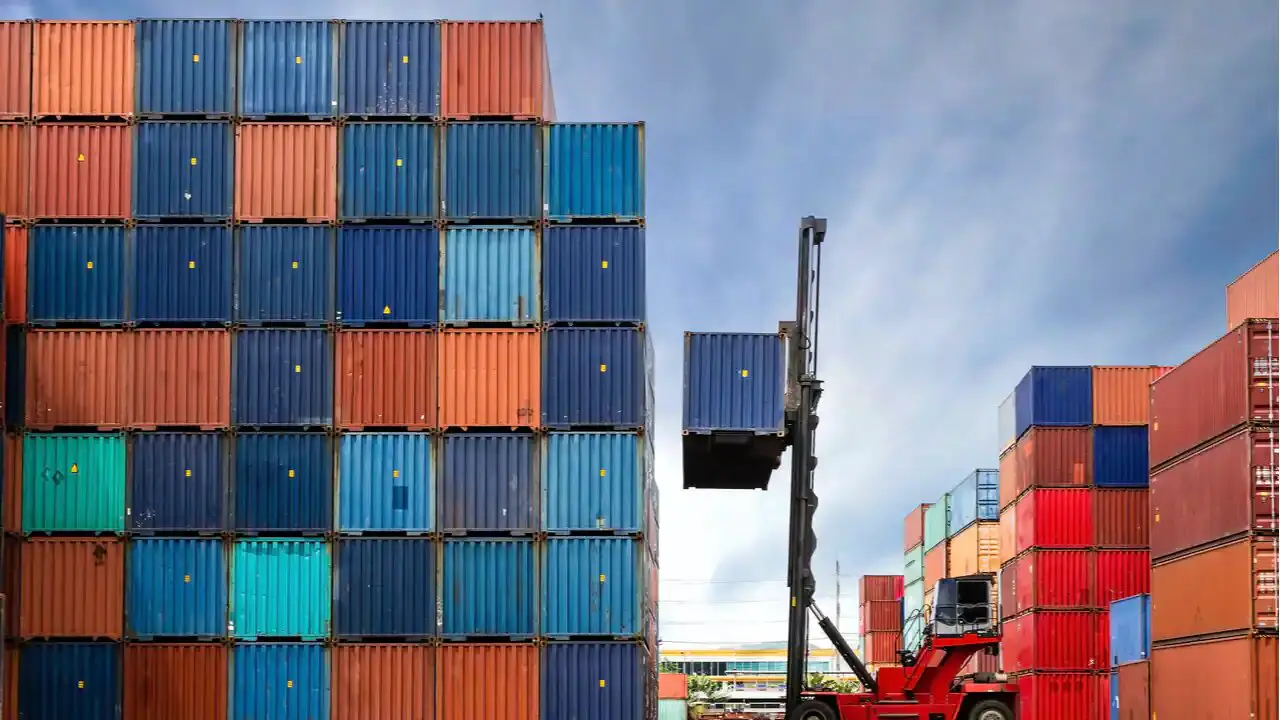Shipping containers have become increasingly popular in recent years, thanks to their versatility and affordability. They can be used for a wide range of purposes, from storage and transportation to building homes and even office spaces. If you're thinking about purchasing a shipping container, there are several things to consider to ensure that you get the right one for your needs. In this blog post, we'll explore some key factors to keep in mind when buying a shipping container.
- Size
The first thing to consider when buying a shipping container is size. Containers come in a range of sizes, from small 10-foot containers to large 40-foot containers. The most common sizes are 20-foot and 40-foot containers. The size you choose will depend on your specific needs. If you're using the container for storage, a smaller size may be sufficient. However, if you're transporting goods or using the container as a workspace, a larger size may be necessary.
- Condition
The condition of the container is another important factor to consider. You can buy new or used containers, and the condition of a used container can vary greatly depending on its age and previous use. When buying a used container, it's important to inspect it thoroughly for any signs of damage or wear and tear. Look for dents, rust, and holes, and make sure the container is watertight. If you're unsure about the condition of a used container, it's a good idea to hire a professional to inspect it for you.
- Type
There are several different types of shipping containers available, each with its own features and benefits. Standard dry containers are the most common type, but there are also refrigerated containers, open-top containers, and flat rack containers. The type of container you choose will depend on your specific needs. For example, if you're transporting perishable goods, a refrigerated container may be necessary. If you're transporting oversized items, an open-top container or flat rack container may be more suitable.
- Delivery and Transport
Shipping containers are large and heavy, so it's important to consider how you will get the container to its final destination. If you're purchasing a container locally, you may be able to arrange for delivery and transport through the seller. If you're buying a container from a different location, you'll need to arrange for shipping. container transport brisbane in Brisbane, for example, can be arranged through various container services in Australia. Make sure you factor in the cost of delivery and transport when budgeting for your container purchase.
- Cost
The cost of a shipping container can vary depending on several factors, including size, condition, and type. New containers are generally more expensive than used containers, and specialized containers such as refrigerated or open-top containers may be more expensive than standard dry containers. It's important to factor in all costs when budgeting for your container purchase, including delivery and transport costs, as well as any modifications or upgrades you may need to make.
- Modifications
If you're using a shipping container for a specific purpose, you may need to make modifications or upgrades to it. Common modifications include adding windows or doors, installing insulation or ventilation, or adding electrical or plumbing systems. When considering modifications, it's important to work with a professional who has experience working with shipping containers. They can help you determine which modifications are necessary and ensure that they're done correctly.
- Local Regulations
Before purchasing a shipping container, it's important to research local regulations to ensure that you're allowed to use a container for your intended purpose. Local regulations can vary depending on the area, so it's important to check with your local government or zoning board. Some areas may require permits or inspections for container use, and there may be restrictions on where and how containers can be used.
In conclusion, buying a shipping container can be a great investment for a variety of purposes, from storage and transportation to building homes or office spaces. When considering a shipping container purchase, it's important to consider the size, condition, type, delivery and transport, cost, modifications, and local regulations. By taking these factors into account, you can ensure that you get the right container for your needs and make the most of your investment. Whether you're using the container for personal or business purposes, there are container services in Australia that can help you find the right container and transport it to your location.







